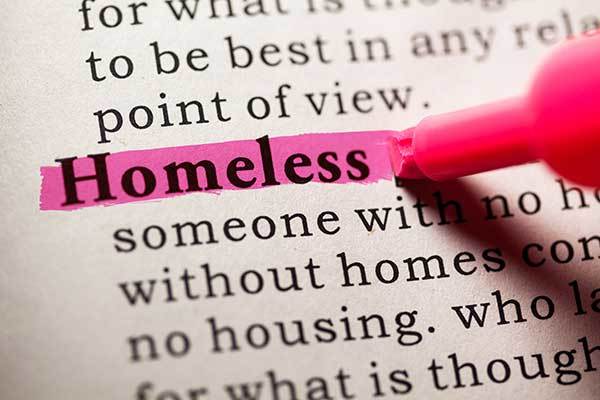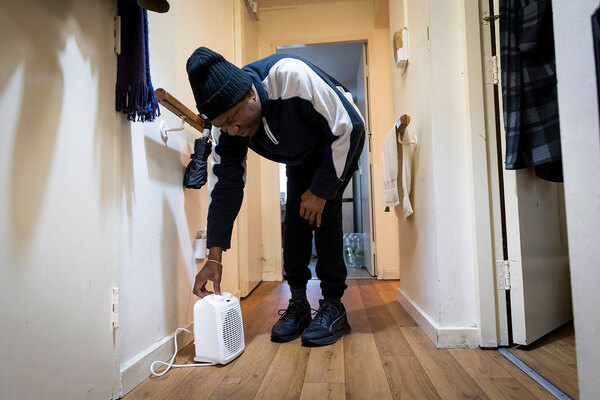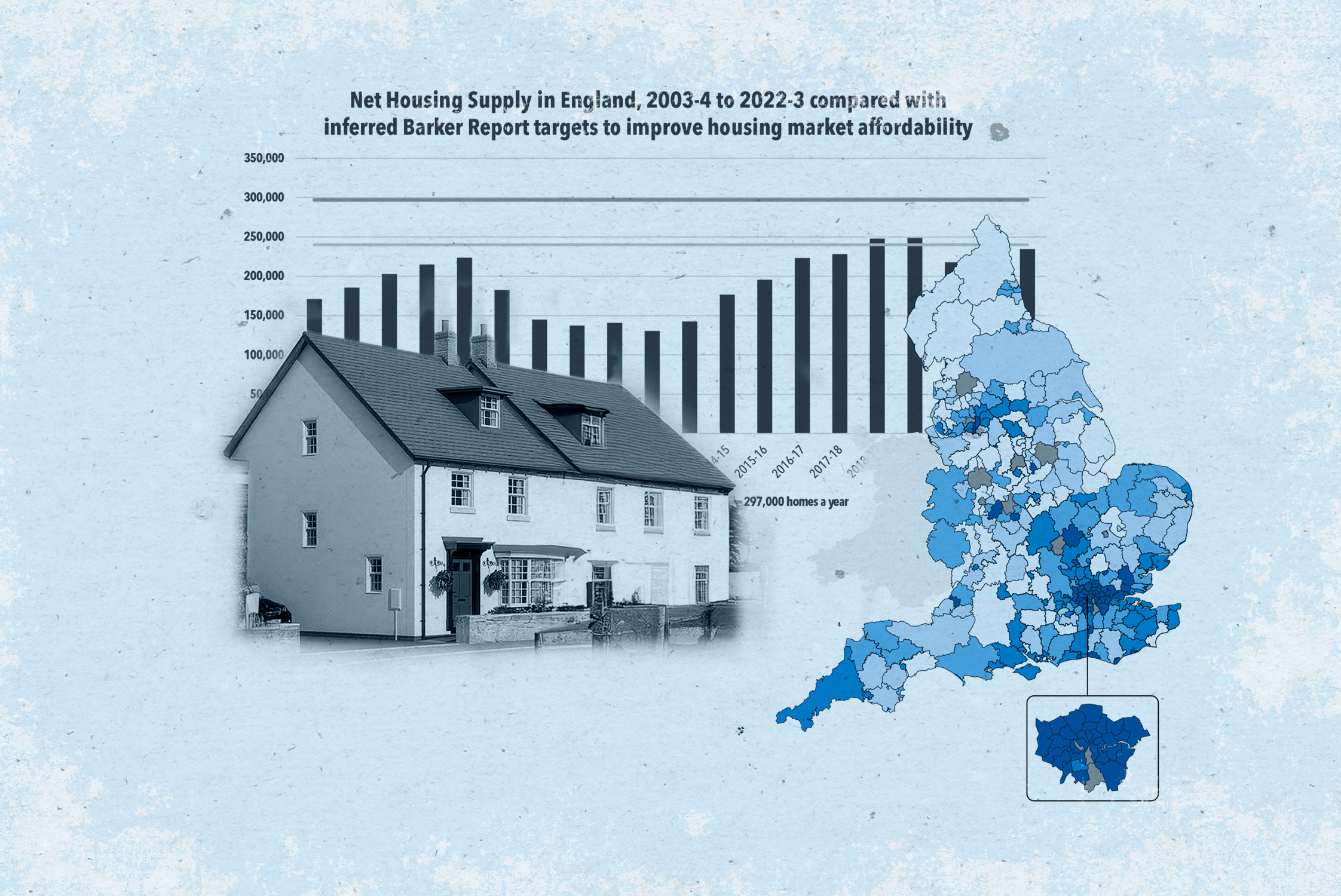You are viewing 1 of your 1 free articles
Morning Briefing: The Homelessness Reduction Act comes into force
The Homelessness Reduction Act comes into force and MPs are concerned about cuts to welfare funds.
In the news
The Homelessness Reduction Act comes into force in England today.
The act brings in several new duties for councils (see box below) including a new duty to prevent homelessness.
The Week magazine has taken a detailed look at how effective the new law is likely to be here. Inside Housing has also written extensively about the act. On Friday we reported a new £30m rough sleeping fund, targeted at areas with high numbers of rough sleepers, to work alongside the new law. Our columnist Jules Birch notes “there are still well-founded concerns” about whether councils have enough funding to make the new law effective.
In December, we published an analysis looking at whether there is sufficient funding to make the act effective.
Elsewhere, Labour MP Frank Field, who chairs the work and pensions select committee, has warned that welfare payments for those in need are being ‘hacked away’, the Independent reports.
The newspaper is this morning reporting concerns about plans to cut a combined £300m from the Discretionary Social Fund, which offers interest-free loans to help poorer households buy needed major items or services, and the Flexible Support Fund, which helps people back into work.
Meanwhile, three councils in Wales – Merthyr Tydfil, Anglesey and Rhondda Cynon Taf – have been criticised for handing back unspent Discretionary Housing Payments cash, the BBC reports. Discretionary Housing Payment money is allocated by councils and is intended to help people in need with their housing costs. Jennie Bibbings, campaign manager at homelessness charity Shelter, said there is “very little consistency” in the way councils allocate DHP.
The York Press is reporting that jobs are “at risk” at Joseph Rowntree Housing Trust. The housing association and care provider is reviewing its structures in the face of a “challenging external environment”. It is consulting on changing terms and conditions of hundreds of staff, the paper reports, and says the trust has not ruled out redundancies.
The Guardian reports that the owners of nearly 100,000 empty or second homes are paying little or no council tax.
Poppy Terry, senior public affairs officer at the charity Shelter, has written a blog about a loophole in the draft Tenant Fees Bill. The aim of the bill is to ban letting fees for private tenants.
However, Ms Terry writes that there is a loophole meaning ‘default fees’ can be charged if, for example, a tenant defaults on a tenancy or causes the landlord to incur a cost, such as losing a key. Ms Terry writes that the housing, communities and local government select committee of MPs has warned these fees are ‘open to abuse’.
The Bristol Post has a report on plans for thousands of homes in the south-west of England, saying that Liverty (an association former out of a recent merger between DCH and Knightstone) has the capacity to build 15,000 homes in 10 years.
This Is Money has reported on figures from buy-to-let lender BM Solutions showing buy-to-let returns for investors increased in every region in the second half of 2017, except for London.
The Evening Chronicle newspaper in Newcastle is reporting on a row concerning homes being built near Newcastle International Airport.
On social media
Katy Davison, communications manager at New Charter, is preparing for the organisation’s merger with Adactus:
Busy day in the office today prepping for our New Charter/Adactus merger launch tomorrow. Our offices have definitely been Jigsaw-ed. Thanks for everyone for helping. Looking forward to @JigsawHG’s big reveal in the morning. #ukhousing #merger #branding
— Katy Davison (@katyeb7)Busy day in the office today prepping for our New Charter/Adactus merger launch tomorrow. Our offices have definitely been Jigsaw-ed. Thanks for everyone for helping. Looking forward to @JigsawHG's big reveal in the morning. #ukhousing #merger #branding
— Katy Davison (@katyeb7) April 2, 2018
What’s on
- The Homelessness Reduction Act comes into force today
At a glance: Homelessness Reduction Act 2017
The Homelessness Reduction Act 2017 came into force in England on 3 April 2018.
The key measures:
- An extension of the period ‘threatened with homelessness’ from 28 to 56 days – this means a person is treated as being threatened with homelessness if it is likely they will become homeless within 56 days
- A duty to prevent homelessness for all eligible applicants threatened with homelessness, regardless of priority need
- A duty to relieve homelessness for all eligible homeless applicants, regardless of priority need
- A duty to refer – public services will need to notify a local authority if they come into contact with someone they think may be homeless or at risk of becoming homeless
- A duty for councils to provide advisory services on homelessness, preventing homelessness and people’s rights free of charge
- A duty to access all applicants' cases and agree a personalised plan












